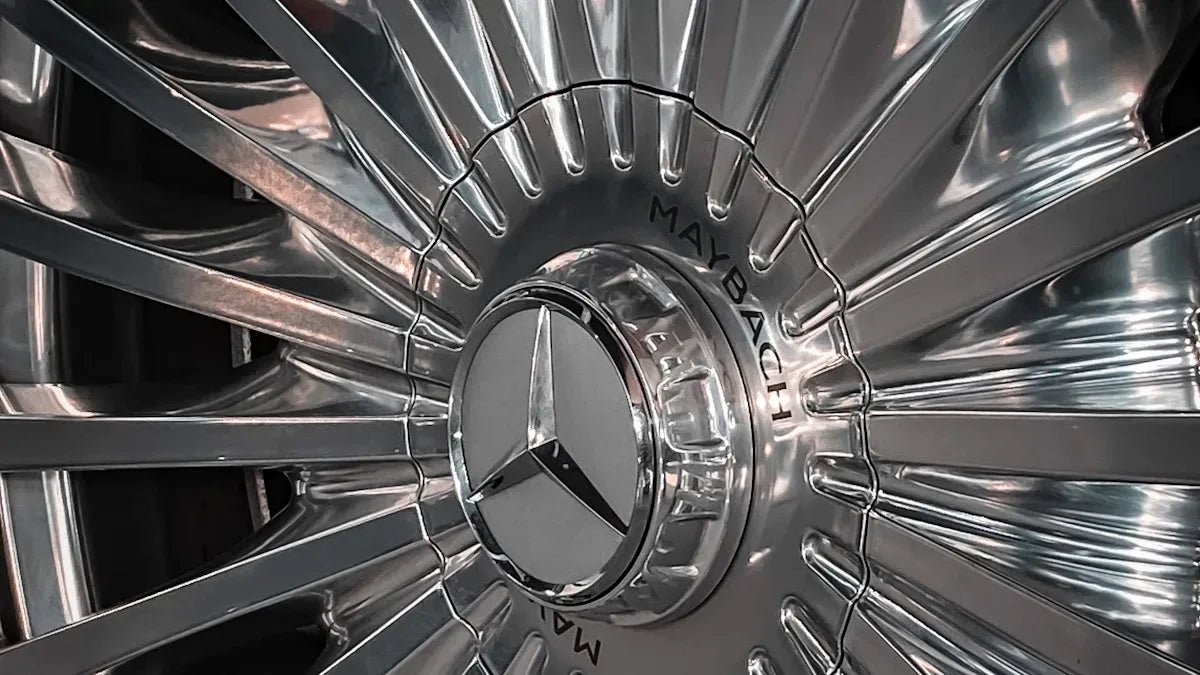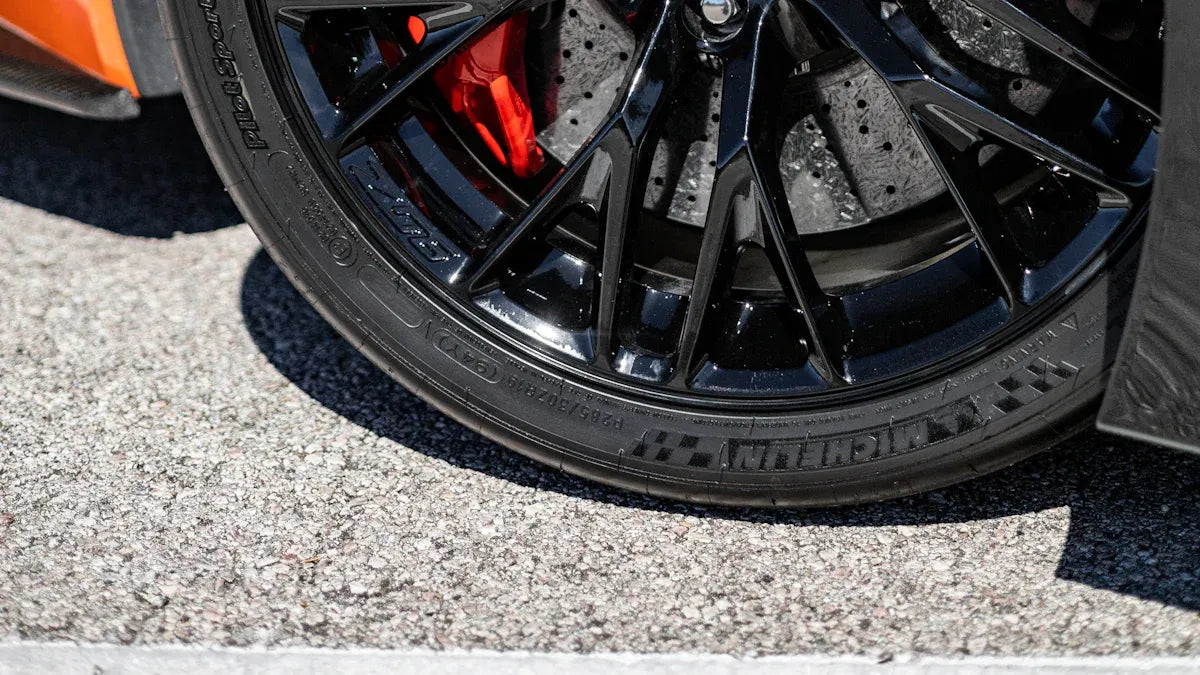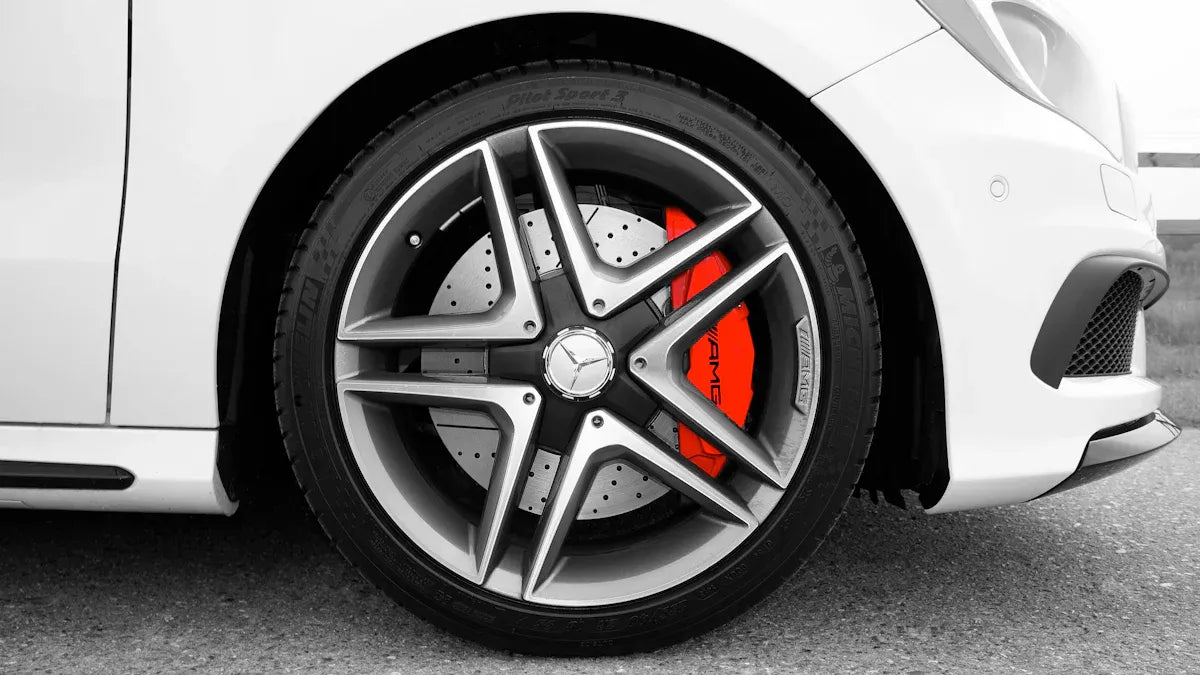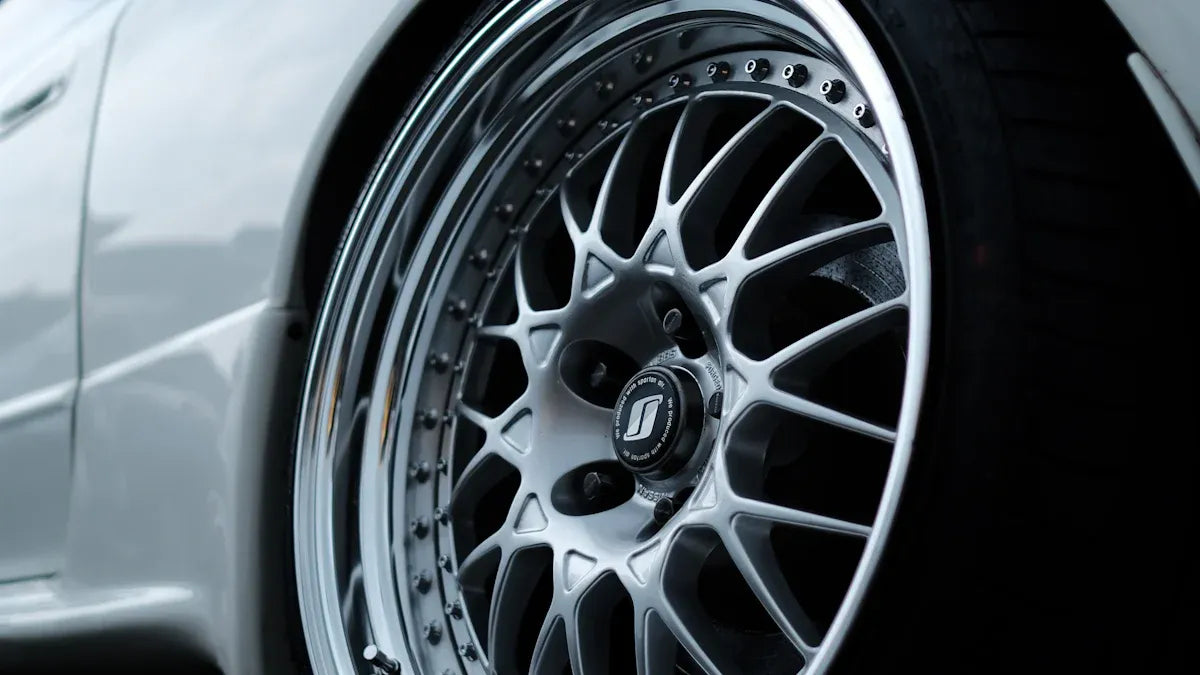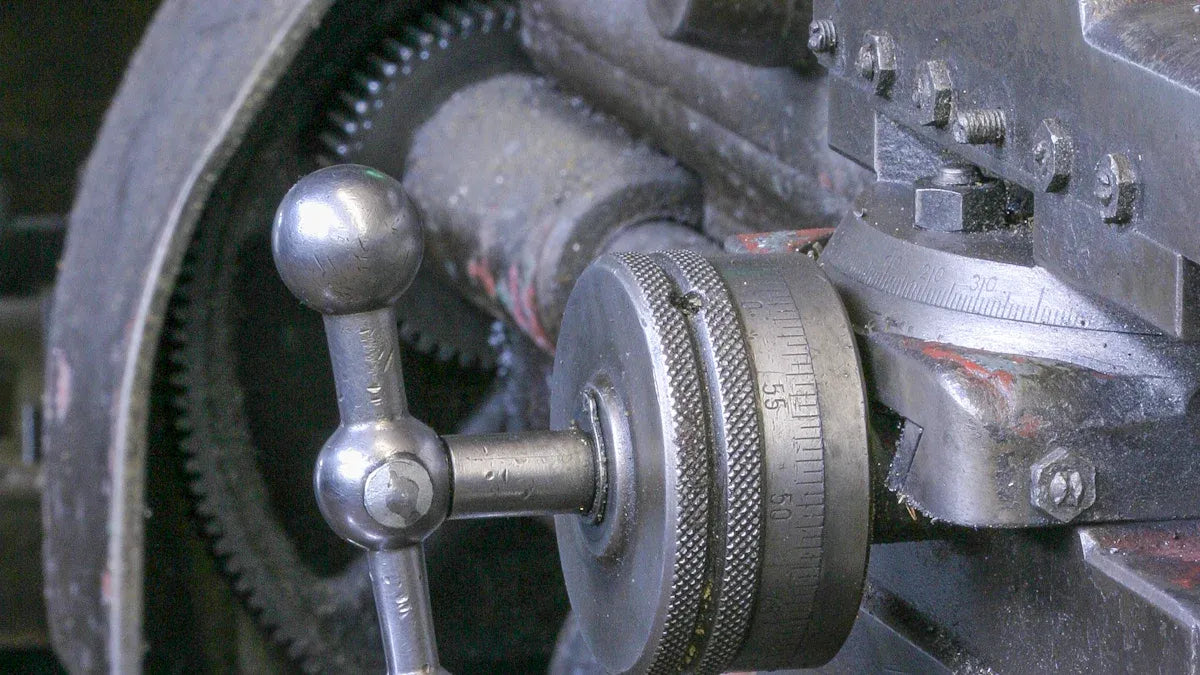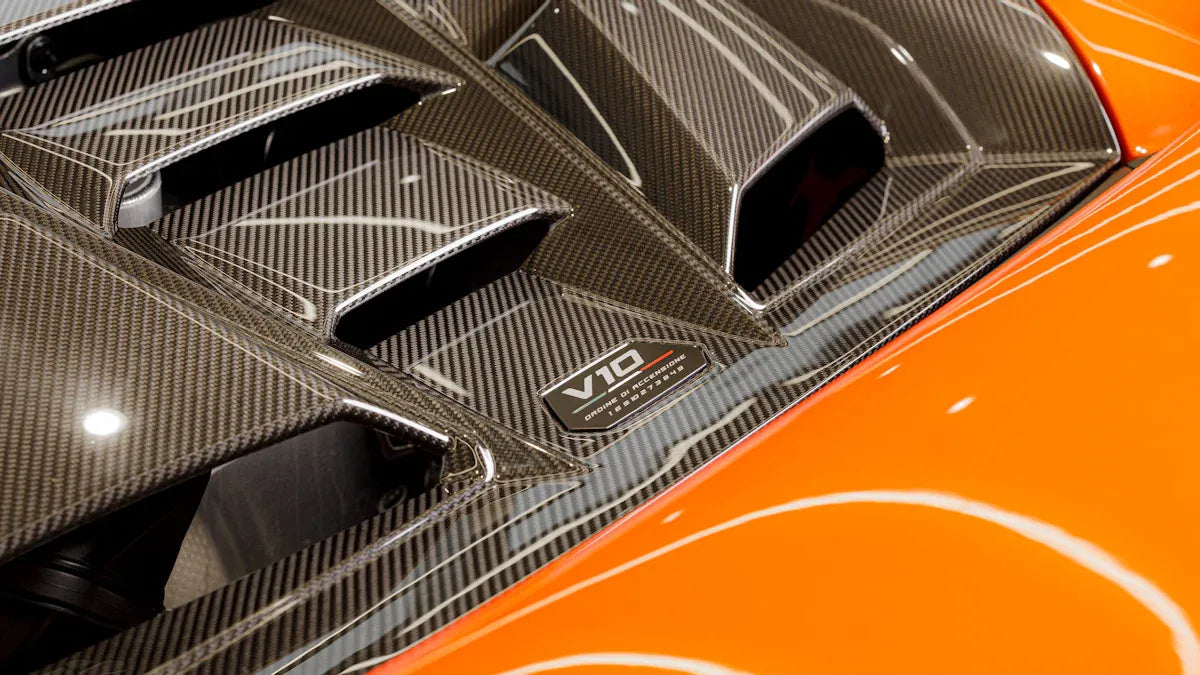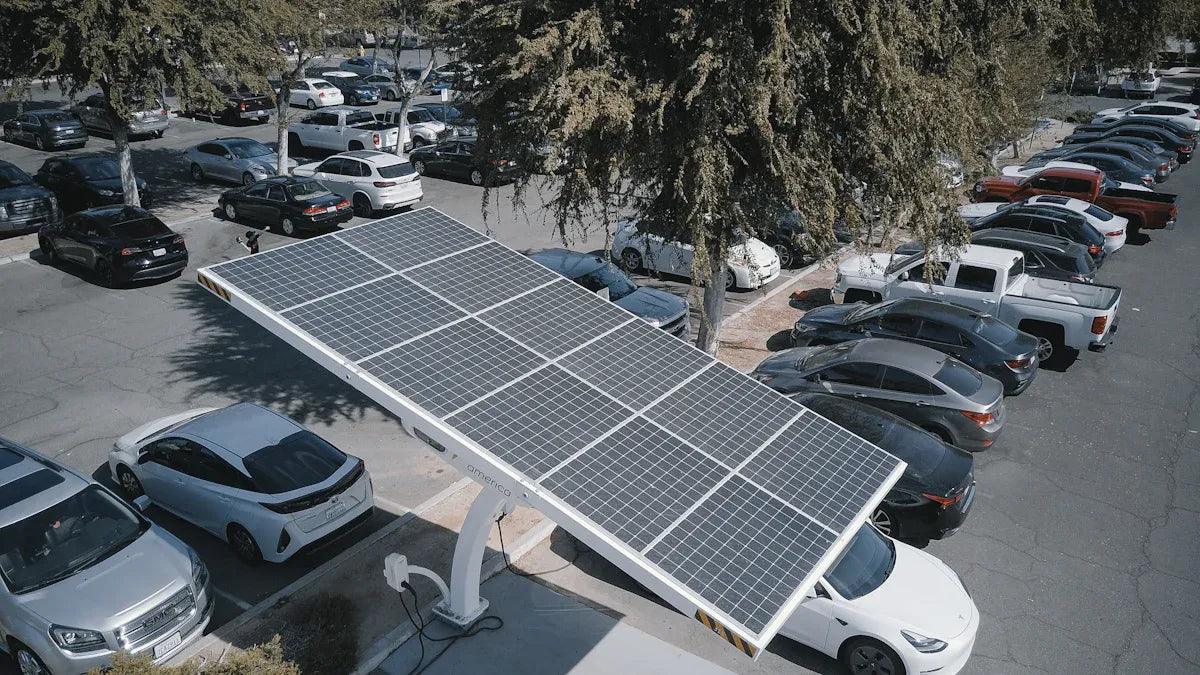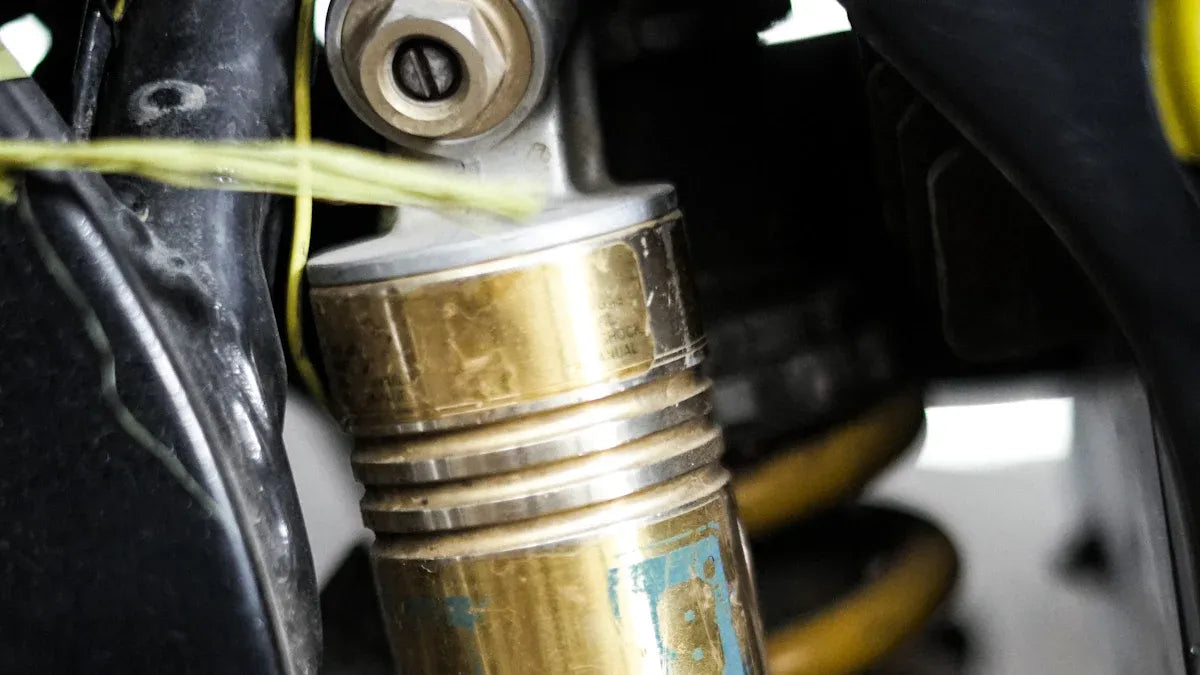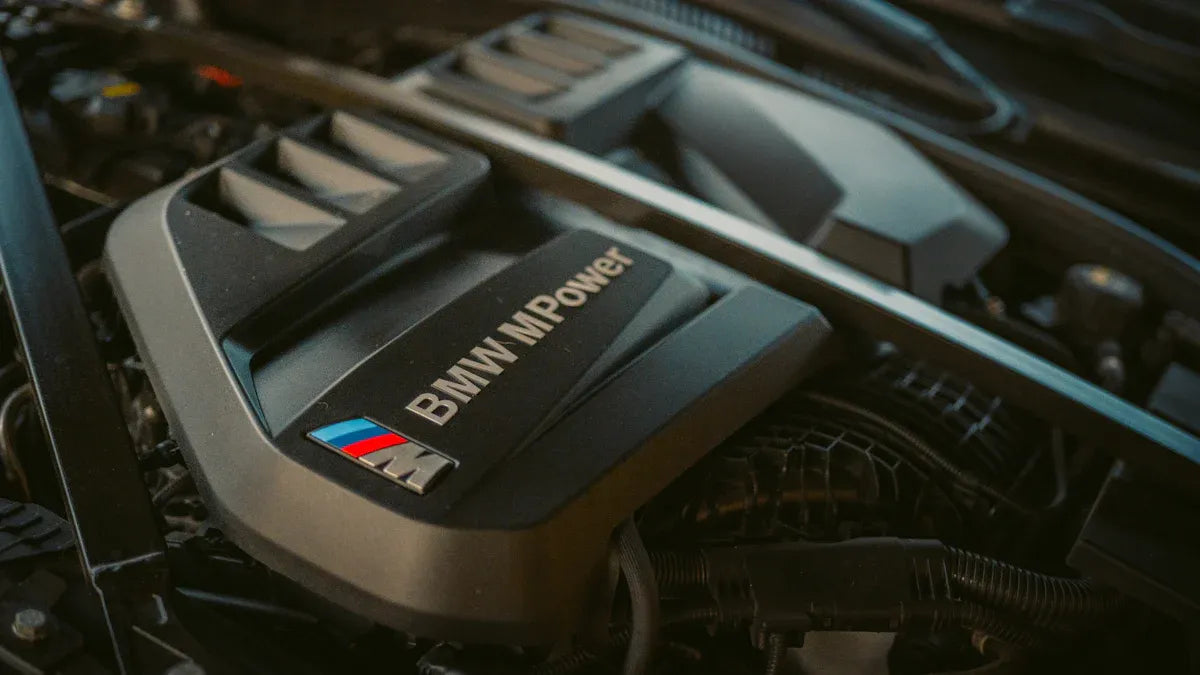CarbonXtreme Post
How to Choose the Best Material for Aftermarket Wheels in 2025
Choosing the right material for aftermarket wheels is crucial for performance, safety, and cost-efficiency. Aluminum alloy wheels are lightweight, improving fuel economy and handling, making them ideal for everyday driving. Steel wheels offer durability and affordability, best for trucks and rugged conditions. Carbon fiber wheels provide top-tier performance for enthusiasts, while forged wheels combine strength and lightweight design for high-performance vehicles. Understanding the pros and cons of each material helps you select the best wheels for your driving needs and budget.
Forged vs Cast vs Flow Formed Wheels for Performance Buyers
When choosing between cast, flow-formed, and forged wheels, it's essential to understand the differences in strength, weight, and cost. Cast wheels are the most affordable, suitable for basic applications, but tend to be heavier and less durable. Flow-formed wheels offer a balance between cost and performance, providing lighter weight and improved strength for everyday driving and casual racing. Forged wheels are the strongest and lightest, perfect for high-performance applications, but come with a higher price tag. Consider your driving style, budget, and performance needs when making your decision.
Flow Formed Wheels vs Low Pressure Cast Wheels in 2025
When choosing between flow formed and low pressure cast wheels, it’s important to consider performance, budget, and vehicle type. Flow formed wheels offer superior strength, durability, and lightweight design, making them ideal for sports cars, electric vehicles (EVs), and off-road driving. They enhance handling, acceleration, and fuel efficiency. In contrast, low pressure cast wheels are more affordable and provide good performance for everyday driving. They are suitable for budget-conscious drivers and those seeking versatility in design. Ultimately, flow formed wheels excel in high-performance scenarios, while low pressure cast wheels are great for daily commuting and moderate off-road use.
The Ultimate Guide to Forged Wheels vs Cast Wheels
When choosing between forged and cast wheels, the decision depends on performance needs, budget, and vehicle type. Forged wheels are strong, lightweight, and durable, ideal for high-performance applications like racing or off-roading. They offer improved acceleration, handling, and braking but come at a higher upfront cost. Cast wheels are more affordable, making them suitable for everyday vehicles, but they may not withstand extreme stress as well as forged wheels. Both types have unique advantages, with forged wheels excelling in longevity and strength, while cast wheels provide a practical, budget-friendly option for casual driving.
Forged or CNC Wheels? A Practical Comparison for Performance Upgrades
When upgrading your vehicle, choosing between CNC and forged wheels is essential for performance. CNC wheels offer precision and design flexibility at a lower cost, ideal for daily driving and moderate upgrades. Forged wheels, while more expensive, excel in strength, durability, and performance, making them perfect for high-performance applications like racing or off-roading. The right choice depends on your driving style, budget, and goals—whether you're seeking custom designs or superior structural integrity for extreme conditions.
What Makes Lightweight Carbon Fiber SUV Fenders a Smart Upgrade
Lightweight carbon fiber SUV fenders offer significant advantages, enhancing both performance and style. These fenders reduce weight, improve handling, and provide better fuel efficiency, while also ensuring durability and strength. The use of carbon fiber helps reduce the vehicle's overall mass, improving acceleration, braking, and overall performance. Additionally, these fenders contribute to a sleek, modern look and increase the SUV's resale value. As a long-term investment, carbon fiber fenders offer reduced maintenance costs and are eco-friendly, providing lasting benefits for SUV owners.
How Aptera Solar Cars Achieve Efficiency with Carbon Fiber Body Construction
Aptera solar cars utilize carbon fiber for their body construction, significantly enhancing performance and sustainability. The lightweight yet durable material improves aerodynamics, boosts energy efficiency, and extends the car's range, enabling up to 1,000 miles per charge. Carbon fiber's strength-to-weight ratio not only reduces fuel consumption but also contributes to the car's overall safety and impact resistance. Additionally, its recyclability supports Aptera's eco-friendly goals, making it a leader in sustainable transportation.
What Are Carbon Fiber Coilover Covers and Their Impact on Durability
Carbon fiber coilover covers are designed to protect your car’s suspension system from dirt, water, and debris, ensuring a longer lifespan for the coilovers. Made from lightweight and durable carbon fiber, these covers improve fuel efficiency, enhance handling, and provide superior protection compared to plastic or aluminum. Their ability to withstand harsh weather and extreme conditions makes them an excellent choice for both performance and off-road driving.
How the BMW B48 Engine Delivers Exceptional Tuning Potential
The BMW B48 engine offers excellent tuning potential, making it a favorite for enthusiasts. With its turbocharged design, modular structure, and advanced fuel systems, it can achieve up to 25% more power while maintaining efficiency. This engine supports a wide range of modifications, from simple ECU remapping to advanced turbo upgrades, making it adaptable for various performance goals. Its affordability, performance, and ease of customization make it an ideal choice for tuning. The B48 is especially suited for those seeking a balance between power, reliability, and fuel economy.


